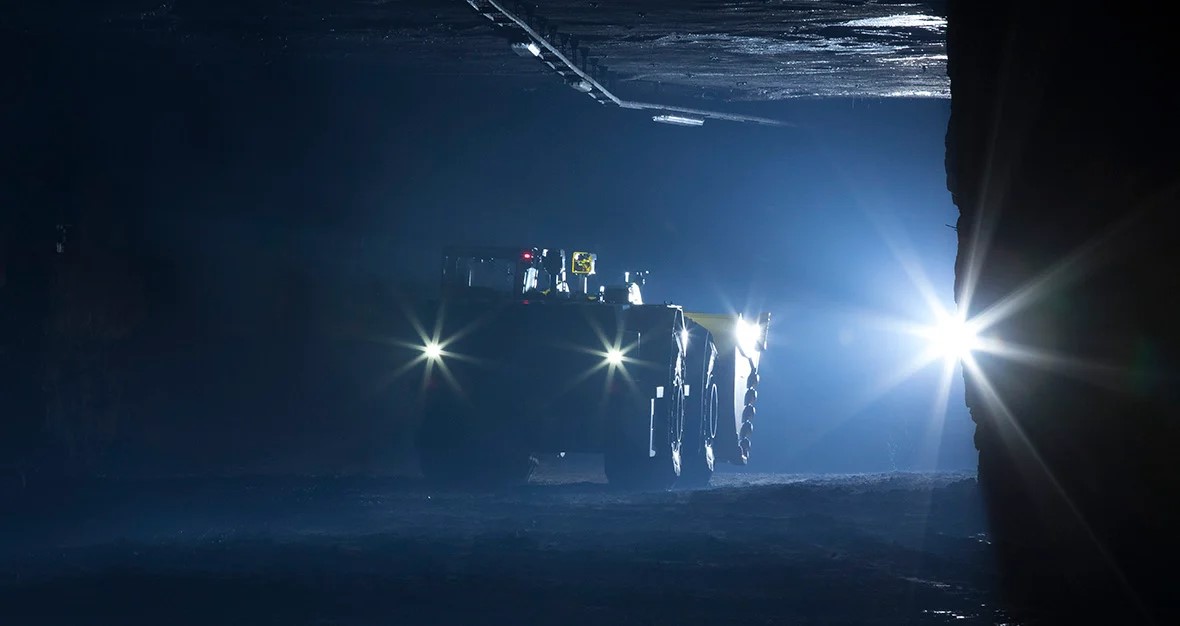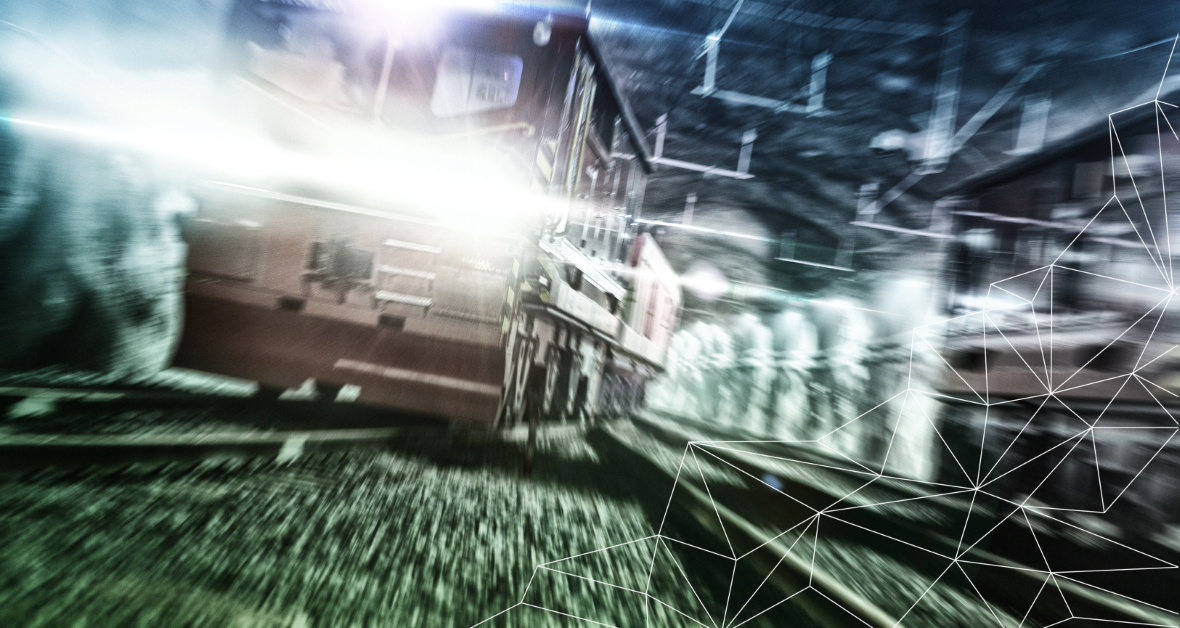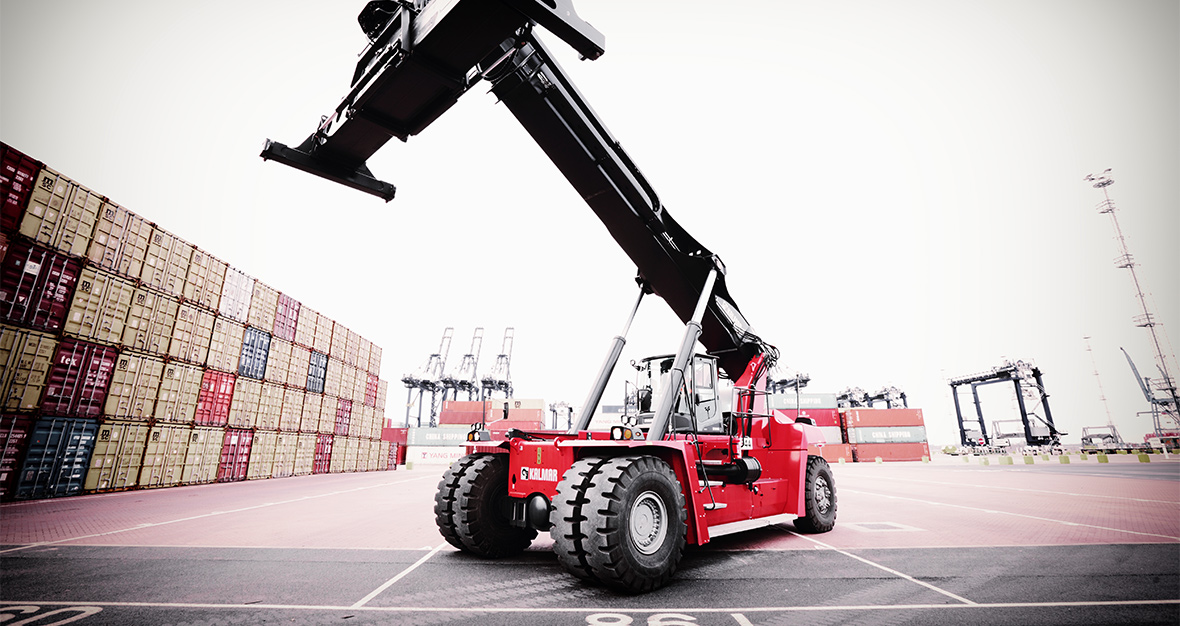This article is from a coming issue of Combitech's customer magazine Combined on the theme digitalisation.
Working with these matters is actually a bit trickier than it sounds, because we don’t have the capacity ourselves to develop any new mining robots. The automation programme is instead based on continuously finding and discussing solutions together with vehicle and machine manufacturers.
Peter Burman
Several manufacturers have shown interest in working with Boliden.
This is because we can contribute with a very cool test environment. We have four Swedish mines connected with new, wireless networks. This is perfect for the manufacturers. If you want to test a self-driving vehicle, what better place than a mine? Exact precision is required but without risking people's lives, as is the case out in traffic. Since we are also potential customers, the companies can simultaneously get a reality check with us for their business cases. We’re an excellent partner for testing equipment and discussing requirement specifications, as well as new business arrangements, at one and the same time.
Peter Burman
But finding partners for collaboration is only half of Peter Burman’s job. The other half is about working with processes, methods and training courses for integrating systems in Boliden's operations.
Implementing new technology seldom concerns the technology
An important lesson from our work with automation at this point is namely that success very seldom concerns the technology. It’s instead about the people. Many companies have purchased more modern technology than Boliden, but they still have lower productivity because they haven’t managed to integrate it into operations. What's the point of new technology if you can’t use it?
Peter Burman
The key is establishing an understanding with the employees of the entire system, according to Peter Burman. Everyone has to be able to see the role that their small part plays in the whole and how everything is tied together into a single long chain. It is first then that the advantages of digitalisation can be fully utilised. In the mining industry, new opportunities are also becoming available as the potential of the far-reaching changes is fully realised.
New business model
The streamlining and productivity boosts of both mining operations and recycling, as well as digitalisation, make it profitable to extract and recycle metals that were previously left in the ground or deposited in landfills.
Peter Burman
Increased recycling brings us closer to the much-discussed circular economy, where a high degree of the material that is consumed can be reused or recycled, and that which is waste for one company is a raw material for another.
This in turn inspires new business models,” says Peter Burman. “An idea that just a few years ago met with laughter and head shaking is the idea that the mining companies shouldn’t sell raw materials, but rather lease them.
Peter Burman
Manufacturers such as Bosch, Electrolux or Volvo would just lease the metals and pay rent for them. After conclusion of the product life cycle, the metals would be “returned”. Waste, meaning the difference between the leased and returned raw material, would be financially compensated, which gives the companies extra incentive to try to recover and recycle as much as possible.
Today when Boliden runs this idea by companies, it is no longer met with laughter but rather serious follow-up questions.
Both traceability and precision can be increased
The increased recycling assumed to be the consequence of a business model per the above also has positive environmental consequences due to the reduced need for extraction.
Boliden in particular has an advantage because in contrast to many other mining companies, we have our own smelting plants that can even recycle scrap metal. This makes us less vulnerable and more favourable to investigating ideas that benefit recycling.
Peter Burman
In the same way that digitalisation is lowering production costs for mining operations, it can also lower costs for recycling. As an example, by using bar codes, chips and improved image analyses to sort goods, both traceability and precision can be increased. Here as well, self-driving vehicles can play an important role in making the transports of waste that is to be sorted more efficient. The recycling systems can thus on the whole, be made significantly more efficient.
Politics and legislation, not the technology, are blocking the way
One obstacle to development as set out above is today's legislation. Or rather, one good political goal is in the way of another.
Peter Burman
As things are today, many raw materials must be absolutely pure after recycling with, for example, no traces of lead. If the recycled metal is used to produce toys or articles that come in contact with food, this is naturally very important. But if the recycled metal is to be used as building material, for example, a low content of lead has no practical significance. Even so, no differentiation is presently made in legislation concerning how the recycled metal is to be used.
Health goals thus conflict with environmental goals. This could be resolved by making exceptions in the legislation, but this is not prioritised by lawmakers, which is an example of how the journey to a circular economy is not blocked by the technology and opportunities of digitalisation, but rather by outdated or poorly considered legislation.
Peter Burman
More environmental benefits for less money
It's naturally not the intention of politicians and civil servants for it to be like this. Many of those who work with environmental regulations just do not know how a market economy works, according to Peter Burman.
Many of them have considerable knowledge of biology and chemistry, but could benefit by a few courses in business economics. Businesses have nothing against changes, as long as there is an opportunity to make money off them. If they were aware of the incentives, they would be much more successful. They could then create more environmental benefits for less money.
Today it is counter-productive when there is recyclable material that cannot be recycled, but must instead be deposited in landfills.
There are only losers with this approach. As a member of society, I think we should be able to sit down and jointly improve the opportunities for creating a better circular economy. Then we can talk about a digital transformation.
Peter Burman




